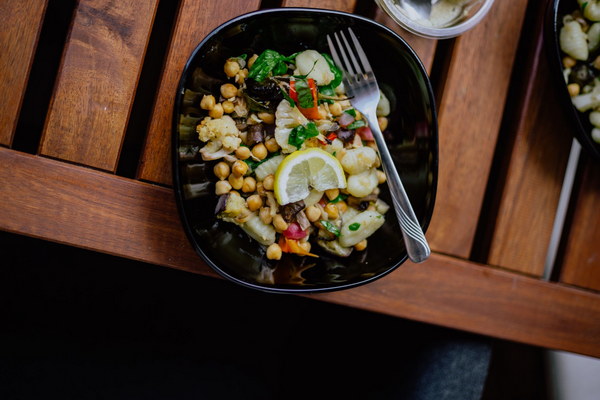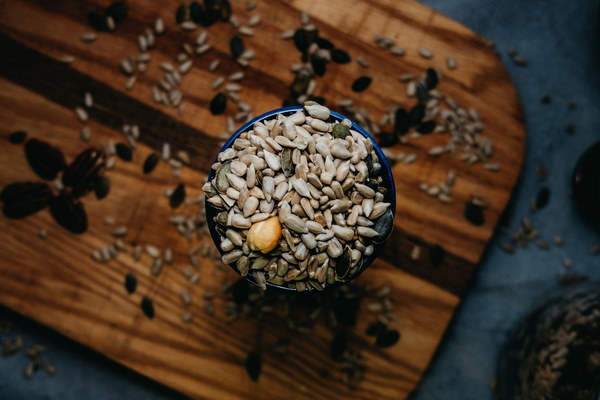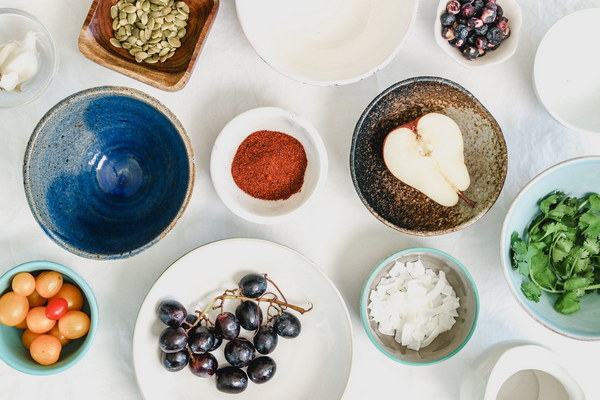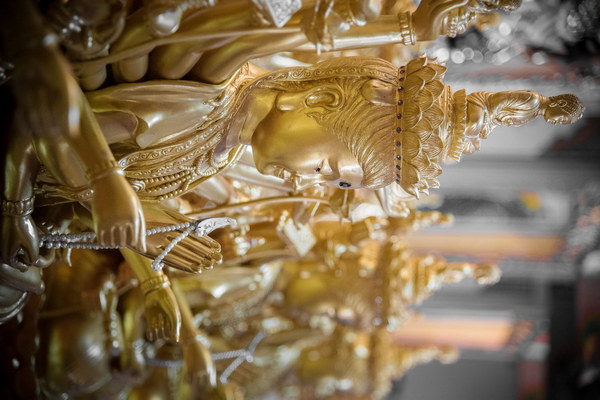Top 5 Traditional Chinese Herbs for Liver Health and Protection
In the realm of traditional Chinese medicine (TCM), the liver is considered a vital organ that plays a crucial role in maintaining overall health. The liver is responsible for filtering blood, producing bile, and storing nutrients. However, due to modern lifestyle factors, many people suffer from liver-related issues. To help support liver health and protection, TCM offers a variety of herbs that can be used in medicinal soups. In this article, we will explore the top 5 traditional Chinese herbs for liver health and protection, along with their benefits and usage.

1. Dang Gui (Angelica sinensis)
Dang Gui is a well-known herb in TCM, often used to nourish blood and invigorate the blood circulation. It is believed to improve liver function by enhancing the production of bile and promoting the removal of toxins from the body. Additionally, Dang Gui can help alleviate symptoms of liver-related issues, such as fatigue, dizziness, and irregular menstrual cycles.
To prepare a Dang Gui soup, you can combine it with other herbs like Bupleurum and Scutellaria baicalensis. Simply add 10 grams of Dang Gui, 15 grams of Bupleurum, and 15 grams of Scutellaria baicalensis to 500 ml of water, then simmer for 30 minutes. Drink the soup twice a day for optimal results.
2. Bupleurum (Bupleurum chinense)
Bupleurum is another essential herb for liver health, known for its ability to dissipate stagnation and invigorate the liver. It is commonly used to treat conditions such as liver qi stagnation, which can manifest as irritability, mood swings, and digestive issues. Bupleurum can also help improve liver function and alleviate symptoms of hepatitis.
To make a Bupleurum soup, mix 15 grams of Bupleurum with other herbs like Dang Gui and Scutellaria baicalensis. Boil the mixture in 500 ml of water and simmer for 30 minutes. Drink the soup twice a day for liver health.
3. Scutellaria baicalensis (Chinese Skullcap)
Scutellaria baicalensis, or Chinese Skullcap, is a potent herb that has been used for centuries to support liver function and protect against liver disease. It is believed to have anti-inflammatory and antioxidant properties, which can help reduce liver inflammation and protect the liver from oxidative stress.
To prepare a Scutellaria baicalensis soup, combine 15 grams of the herb with 10 grams of Dang Gui and 15 grams of Bupleurum. Boil the mixture in 500 ml of water and simmer for 30 minutes. Drink the soup twice a day to promote liver health.
4. Chuan Xiong (Ligusticum chuanxiong)
Chuan Xiong is a traditional Chinese herb known for its ability to move blood and relieve pain. It is often used to treat liver qi stagnation, which can cause chest pain, menstrual cramps, and other symptoms. Chuan Xiong can also help improve liver function and alleviate symptoms of liver disease.
To make a Chuan Xiong soup, mix 10 grams of the herb with 15 grams of Dang Gui and 15 grams of Bupleurum. Boil the mixture in 500 ml of water and simmer for 30 minutes. Drink the soup twice a day for liver health.
5. Salvia miltiorrhiza (Danshen)
Danshen is a well-known herb in TCM that is commonly used to support heart and liver health. It is believed to have anti-inflammatory, antioxidant, and anti-thrombotic properties, which can help improve blood circulation and reduce the risk of liver disease. Danshen can also help alleviate symptoms of liver-related issues, such as fatigue, dizziness, and jaundice.
To prepare a Danshen soup, mix 10 grams of the herb with 15 grams of Dang Gui and 15 grams of Bupleurum. Boil the mixture in 500 ml of water and simmer for 30 minutes. Drink the soup twice a day for liver health.
In conclusion, traditional Chinese herbs can play a significant role in supporting liver health and protection. By incorporating these top 5 herbs into your diet, you can help improve liver function, alleviate symptoms of liver-related issues, and reduce the risk of liver disease. Always consult with a healthcare professional before starting any new herbal treatment, as some herbs may interact with other medications or have contraindications.









